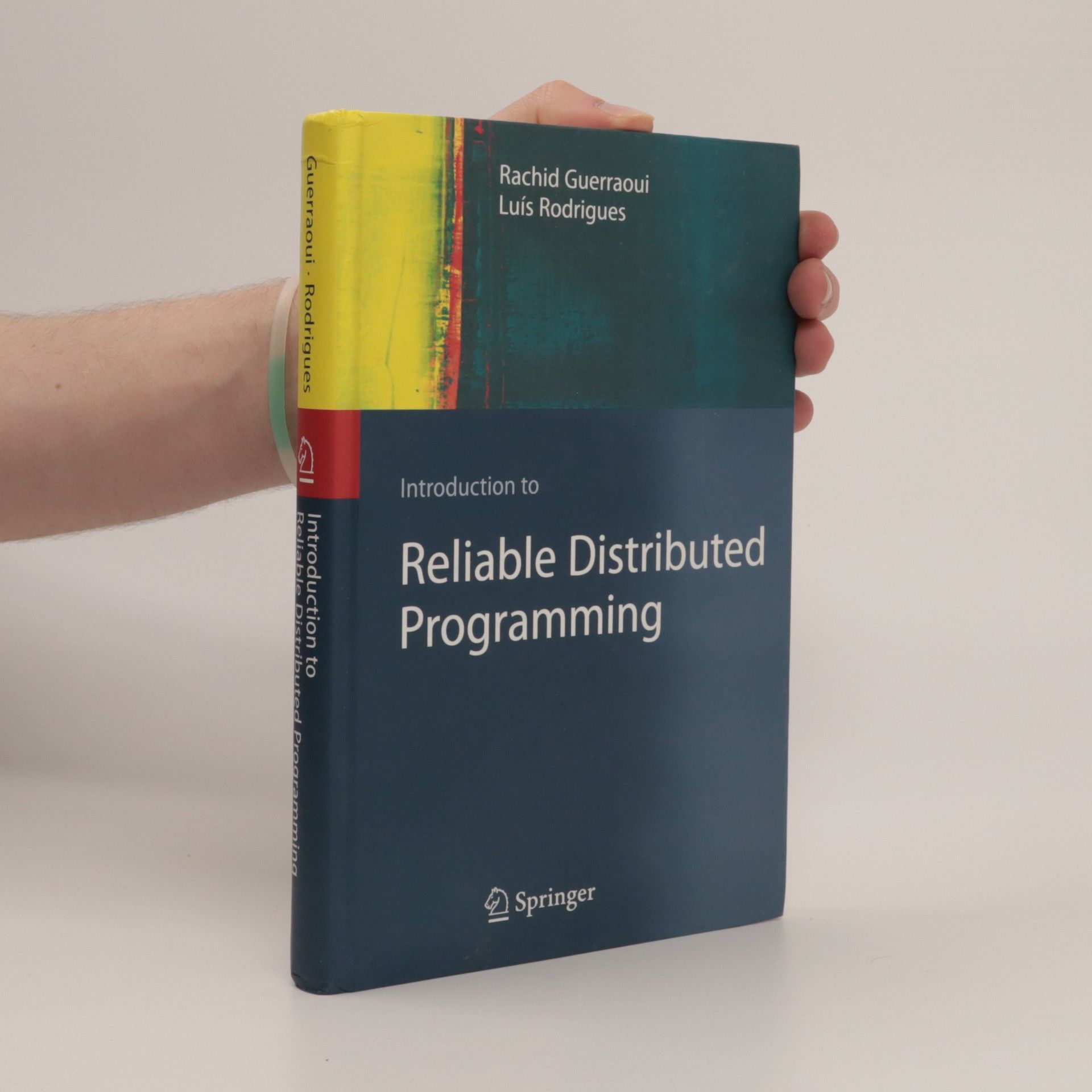Introduction to Reliable Distributed Programming
- 300bladzijden
- 11 uur lezen
In modern computing a program is usually distributed among several processes. The fundamental challenge when developing reliable distributed programs is to support the cooperation of processes required to execute a common task, even when some of these processes fail.
